| |  | | | Charlie Kirk; the Muslim Brotherhood; U.K. Islamists By Winfield Myers ● Sep 12, 2025 Smart Brevity® count: 9.5 mins...2456 words Analyzing Islamists' responses to the assassination of conservative activist Charlie Kirk, Dexter Van Zile finds them filled with hate and glee. Sam Westrop takes an in-depth look at the Muslim Brotherhood in Europe and North America and sees a "collapsed" organization that receives far more attention than many more dangerous groups the West too often overlooks. Jules Gomes reports on efforts to offer sharia-compliant student loans in the U.K., while Amira Halperin laments the radicalization of universities there—a development that cost her her professorship. The West's secularization, as exemplified in the new ideology of "Palestinianism," is among the underlying causes of such problems, writes Giulio Meotti. We also feature articles by Amine Ayoub on the Gaza flotilla and Jonathan Spyer on Israel's ending of Qatar's immunity. Lazar Berman reports from Gaza City, and Dexter Van Zile urges the West to champion the United Arab Emirates' vision of hope and agency over Iran's cult of death and destruction. | | Islamists Respond to Charlie Kirk's Assassination  By: Dexter Van Zile The assassination of Charlie Kirk at Utah Valley University has exposed alarming responses from Islamists in the U.S. Why it matters: These reactions reveal the disturbing mindset among some Islamist figures who not only justify but also mock political violence. -
The rhetoric from these individuals reflects a broader acceptance of extremism that poses a threat to civil society and democratic values. -
Some gloat or make light of his death, suggesting it was just desserts for his support for Israel as it fights to defeat Hamas in Gaza. Driving the news: Daniel Haqiqatjou, founder of Muslim Skeptic, took to X to suggest that Israeli Prime Minister Benjamin Netanyahu ordered Kirk's assassination. -
Hamzah Wald Maqbul, a YouTuber with a large following, openly expressed no sympathy for Kirk, branding him a "genocide denying race-baiter," thus justifying violence based on support for Israel. What they're saying: Ahmed Rehab of the Council on American-Islamic Relations (CAIR) Chicago's office, while condemning the assassination, could not hide his disdain for Kirk, demonstrating the pervasive hostility towards differing viewpoints. -
Yasir Qadhi, the imam at East Plano Islamic Center in Texas, used the assassination as a springboard to launch a furious attack on Israel, blaming the Jewish state for "genocide." -
The U.K. news outlet 5Pillars posted a lengthy article under the headline, "Islamophobic U.S. commentator Charlie Kirk shot dead at university event." The bottom line: The radical reactions to Kirk's assassination highlight a dangerous acceptance of violence among Islamists, underscoring the need for vigilance against extremist ideologies in the U.S. To read the full article, click here. | | Homegrown Islamism: The Inconsequence of the Muslim Brotherhood 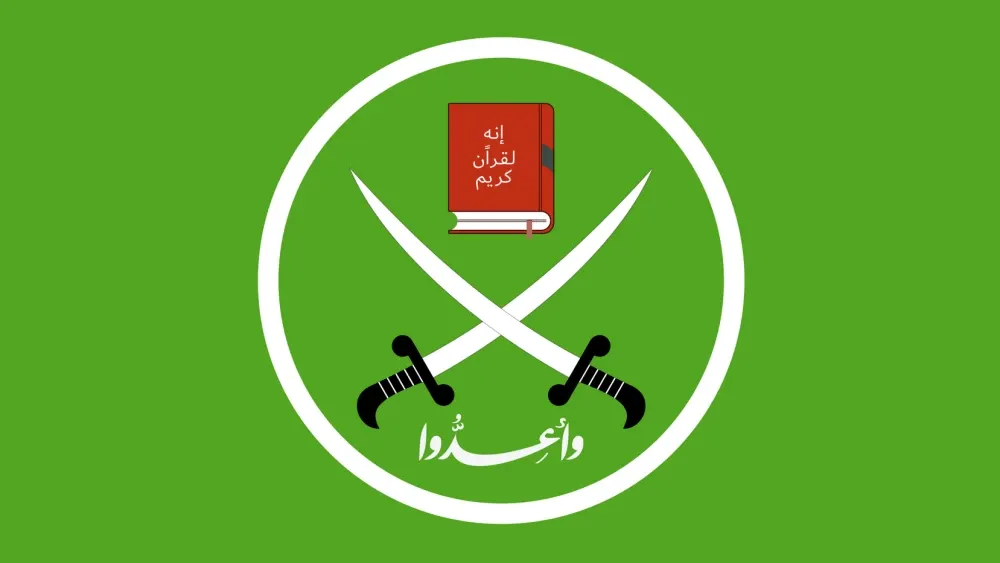 By: Sam Westrop Western policymakers have overemphasized the Muslim Brotherhood's influence, overlooking more potent Islamist threats operating across Europe, North America, and elsewhere. Why it matters: This misjudgment results in misguided legislation and law enforcement priorities, leaving room for more dangerous Islamist networks to flourish unchallenged. -
The Egyptian Brotherhood, once a formidable global entity, has splintered, with regional branches like those in Jordan and Tunisia distancing themselves from Cairo's waning influence. -
Analysts like Steven Merley caution against underestimating the Brotherhood's global networking, but there's scant evidence of any coordinated global directive. The big picture: In the U.S., the Brotherhood's ideological legacy persists through groups like the Muslim Youth of North America, yet these operate under a distinctly American Islamist framework. -
Organizations such as Jamaat-e-Islami and Dawat-e-Islami present significant threats, with Dawat-e-Islami linked to global acts of terror, including the 2020 attack outside Charlie Hebdo's offices in France. What's next: Policymakers must pivot focus from the Muslim Brotherhood to tangible threats like Deobandi and Salafi networks, which are more active and pose a greater risk. To read the full article, click here. | | ICYMI: Israel Insider with Ashley Perry The IDF is in the process of slowly completing its conquest of Gaza. U.S. media, meanwhile, has reported that a plan for the future governance of the area is being circulated by the U.S. Administration. Is the day after finally beginning to take shape? Ashley Perry is an advisor to the Middle East Forum's Israel office. He served as adviser to Israel's minister of foreign affairs and deputy prime minister in 2009-15, and has also worked with Israel's Ministers of Intelligence, Agriculture and Rural Development, Energy, Water and Infrastructure, Defense, Tourism, Internal Security, and Immigrant Absorption and as an advisor to The Negev Forum. Originally from the U.K., he moved to Israel in 2001. He holds a B.A. from University College London and an M.A. from Reichman University (IDC Herzliya). To watch the full podcast episode, click here. | | Government to Offer Sharia-Compliant University Student Loans in U.K. 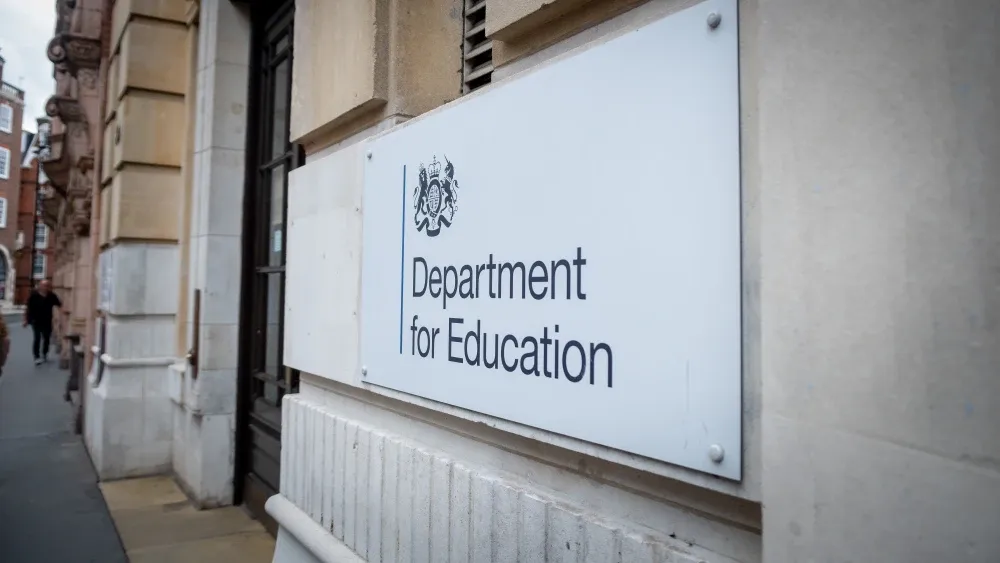 By: Jules Gomes The U.K. government's plan to implement sharia-compliant (Islamic law) student loans is a troubling capitulation to Islamist pressures, embedding extremist ideologies in state policy. Why it matters: This scheme, under the guise of financial inclusivity, risks empowering radical Islamist narratives that undermine Western democratic values and societal cohesion. Driving the news: The U.K. Islamic Financial Council (UKFIC), with controversial ties to figures like Naz Shah and Umer Suleman, is spearheading this initiative, revealing its true intentions. -
The Muslim Council of Britain, a long-time advocate for sharia finance and its extremist affiliations, views this as a victory, emboldening other Islamist agendas. The stakes: By accommodating sharia finance, the U.K. government risks legitimizing Islamism in a way that could lead to further societal division and radicalization. What's next: The policy offers further proof that Islamists in the West have no intention of assimilating into Western culture, but intend to carve out their own domains of influence, with an eye to exerting greater control over the organs of finance and governance. To read the full article, click here. | | Amira Halperin on Negotiating U.K. College Campuses Post-October 7 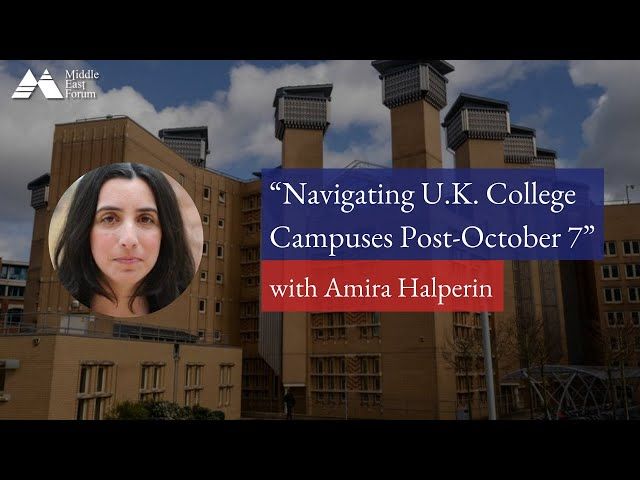 By: Marilyn Stern Amira Halperin, a British-Israeli professor, highlighted on a recent MEF Podcast the rising Islamist radicalization risks at U.K. universities, particularly Coventry University where she taught. Why it matters: The Prevent program, an outgrowth of the U.K.'s Counterterrorism and Security Act 2015, was designed to counter terrorism, but is failing as universities hesitate to enforce it, leaving radical influences unchecked. Driving the news: Post-October 7, the campus climate at Coventry worsened, with pro-Palestinian scholars accusing Israel of "genocide," while Hamas-supporting activists gained influence. The big picture: U.K. universities maintain ties with terrorism-supporting institutions in Gaza and the West Bank, complicating counterterrorism efforts. What's next: Halperin advises U.K. Members of Parliament to defund institutions that glorify terrorism, revoke visas for radical students, and enforce free speech protections to combat campus radicalization. To read the full summary and watch the podcast, click here. | | Western Secularization Transposed Golgotha from the Individual Jew to the Collective Jew 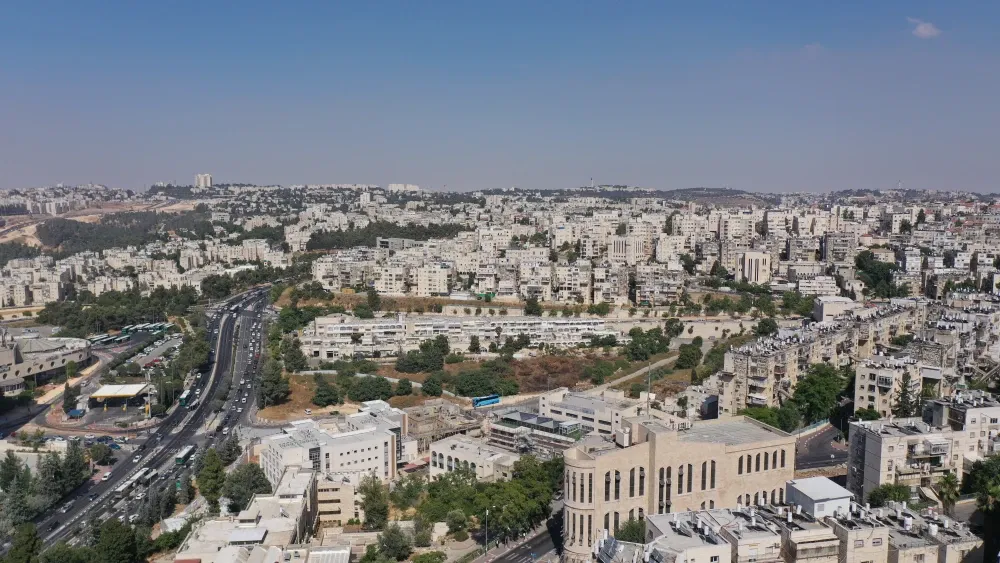 By: Giulio Meotti "Palestinianism" is a political ideology gaining traction in parts of the West, characterized by its appeasement approach towards radical Islamist narratives. It is a reaction to spiritual fatigue within Western societies, where secularization has shifted traditional religious sentiments towards a new narrative. Why it matters: Palestinianism presents a significant ideological shift, replacing the historical narrative of the individual Jew with the collective Jew as the target of a new Passion. This shift is not just symbolic but reflects deeper societal changes in values and alignments. -
It acts as a substitute religion for the West, appealing to those disillusioned by traditional religious structures, offering a narrative of victimhood and martyrdom centered on the Palestinian Muslim. Driving the news: The embrace of Palestianism by Western leaders, exemplified by Spanish Prime Minister Pedro Sánchez's measures against Israel, underscores a broader acceptance of this ideology. The big picture: Palestinianism exploits Western guilt and historical grievances, presenting Israel as the oppressor in a secularized narrative that resonates with leftist ideologies. This narrative is propagated through dual messaging—violent in Arabic, victimized in Western languages. What's next: The West must learn from one of the most famous sayings attributed to Winston Churchill, the definition of an appeaser: "Someone who feeds the crocodile hoping it will eat him last." To read the full article, click here. | | The Flotilla Delusion: A Turkish Gambit, Not a Humanitarian Mission  By: Amine Ayoub The latest Gaza flotilla, under the guise of "humanitarian aid," is a strategic provocation led by Turkish interests, not a genuine relief effort. Why it matters: These flotillas, primarily organized by the Turkish Foundation for Human Rights and Freedoms and Humanitarian Relief (IHH), exploit the Palestinian cause for political gain, diverting attention from their ties to Islamist groups and Turkey's political machinations. -
The IHH, linked to Hamas and supported by President Recep Tayyip Erdoğan's government, orchestrates these missions to provoke Israel, rather than to deliver aid. Driving the news: The 2010 Mavi Marmara incident exemplified the flotillas' true nature, where activists, prepared for violence, clashed with Israeli forces enforcing a legal blockade. The big picture: Despite Israel's offer to transfer aid through Ashdod, flotilla organizers refuse, prioritizing political theater over genuine humanitarian relief. What's next: The world must not be fooled by this carefully constructed deception. To support these flotillas is not to support the people of Gaza; it is to embolden those who seek to use their suffering for political gain, and to fund a movement with documented links to extremism. To read the full article, click here. | | Israel Ends Qatar's Immunity  By: Jonathan Spyer Israel's decisive strike on Hamas leaders in Doha underscores Qatar's duplicitous role in fueling terrorism under the guise of diplomacy. Why it matters: Qatar has long acted as an enabler of Islamist extremism, providing financial and logistical support to groups like Hamas while masquerading as a mediator. Driving the news: Qatar's support for Hamas is not incidental but a calculated element of its broader agenda to spread Islamist revolution across the Middle East. The big picture: Qatar's pervasive influence in Israeli political and security networks reflects a troubling penetration aimed at manipulating perceptions and policies. What's next: This is an opening of daylight onto one of the strangest and murkiest corners of the opaque Middle East strategic picture. It is long overdue. To read the full article, click here. | | Waiting for Gaza City Residents to Head South, Israel Readies New Aid Sites in Rafah 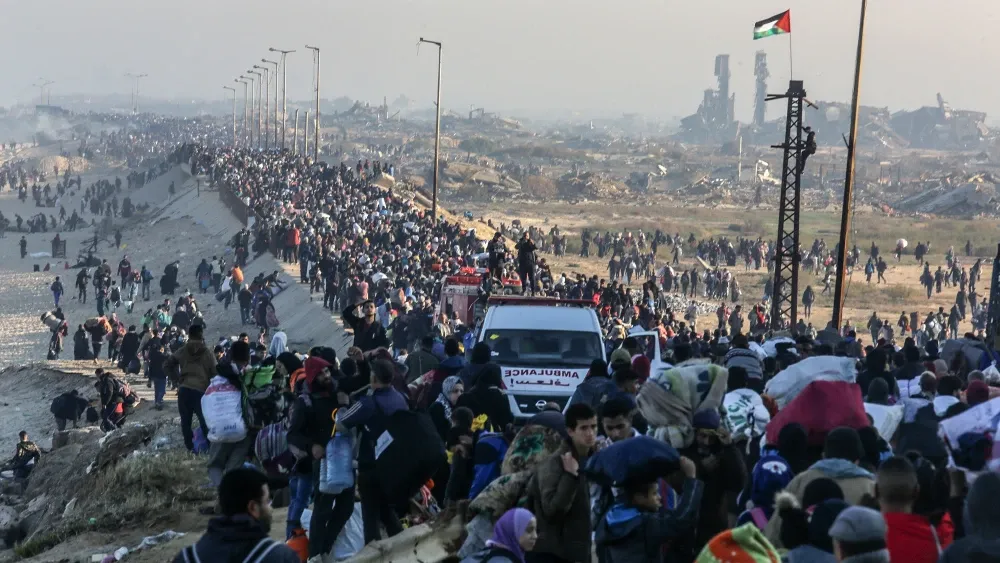 By: Lazar Berman In Rafah, Gaza, the Israel Defense Forces and the Gaza Humanitarian Foundation (GHF) are implementing new aid sites to deliver essentials directly to civilians, bypassing Hamas's influence. Why it matters: The GHF has distributed over 161 million meals since May, with almost 1.2 million meals provided on a single day, ensuring aid reaches those in need without empowering Hamas. Driving the news: The new aid sites, expected to operate 24/7, feature improved safety measures and logistics to streamline distribution and minimize IDF-civilian conflicts. The big picture: Following a controversial aid halt in March, which led to severe humanitarian crises, Israel has pivoted to prioritize humanitarian efforts amidst international pressure. What's next: Despite hesitations from major aid groups, the GHF's ongoing operations demonstrate a commitment to overcoming logistical challenges and expanding aid delivery, critical for Gaza's population's survival and stability. To read the full article at the Times of Israel, click here. | | The West Must Choose the Vision of the United Arab Emirates, Not Iran, for the Middle East 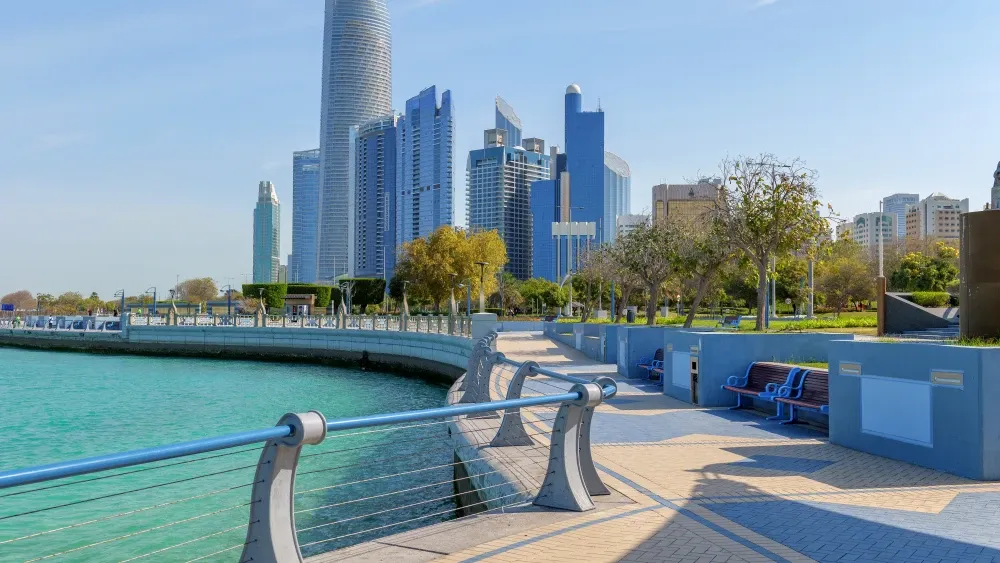 By: Dexter Van Zile Almost two years ago, Hamas's brutal attack in Israel highlighted the depths of Islamist ideology's depravity, leaving 1,200 dead and 251 kidnapped. Why it matters: While Hamas and Iran's actions perpetuate violence, the United Arab Emirates (UAE) exemplifies a path toward peace and progress, choosing coexistence over conflict. Driving the news: The United Arab Emirates, whose leaders were the pioneers of the Abraham Accords, now work to make humanity a multi-planet species, most recently sending a probe to Mars to investigate its atmosphere. The big picture: While Hamas dug tunnels to sneak terrorists into Israel, hide weapons under hospitals, and imprison hostages, Dubai constructed the Burj Khalifa—the tallest building in the world. What's next: Helping the Middle East requires supporting those leaders and peoples who seek coexistence, not destruction of Israel or the promotion of intolerant Islamism. Leaders of civilized countries must not indulge Hamas at the United Nations, but rather celebrate those who take risks for peace. To read the full article, click here. | | We appreciate your continued support for the Middle East Forum as we deliver critical analyses on Middle Eastern affairs. If you found this edition of the Dispatch useful, please share it with others and be sure to let us know your thoughts on our coverage via the comments feature. Sincerely, Winfield Myers
Managing Editor, Middle East Forum
Director, Campus Watch | | | | Was this edition useful?  

Your email will be recorded and shared with the sender |        MEF, an activist think tank, deals with the Middle East, Islamism, U.S. foreign policy, and related topics, urging bold measures to protect Americans and their allies. Pursuing its goals via intellectual and operational means, the Forum recurrently has policy ideas adopted by the U.S. government.
Copyright © 2024 Middle East Forum, All rights reserved.
Our mailing address is:
Middle East Forum
1650 Market Street, Suite 3600
Philadelphia, PA 19103 | | | | | Powered by 
| | This email was sent by Middle East Forum via Axios HQ | | | |
0 коммент.:
Отправить комментарий